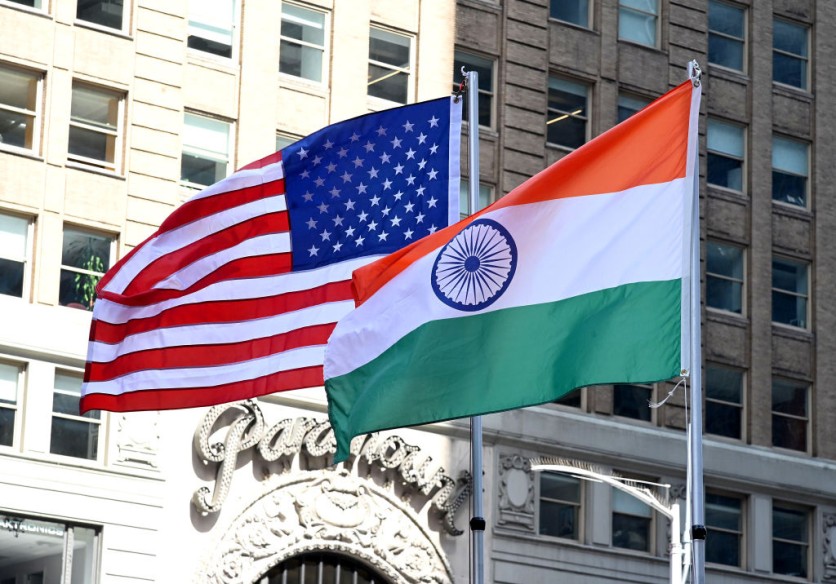
Tech analysts are concerned that a new alliance between the US and India will speed up the rearrangement of global supply chains at China's cost.
The agreement would reportedly focus on semiconductors, artificial intelligence (AI), and telecommunications.
Plans for joint quantum computing and defense efforts were announced as part of the US-India Initiative on Critical and Emerging Technologies (iCET). According to South China Morning Post (SCMP), the specifics of which were released last Tuesday, Jan. 31.
How Will This Further Hurt China?
The deal between Washington and New Delhi does not explicitly address China. Still, it is widely understood to be part of a broader US strategy to reduce China's influence in international supply chains.
The partnership has sparked controversy in Beijing, where officials have expressed increased anxiety about a US attempt to economically and technologically dissociate from China.
Using the pseudonym Zhong Sheng to reflect the official stance of the Chinese Communist Party's mouthpiece, SCMP reported that the People's Daily had published three articles in the last week.
All of the pieces accused the US of using its influence on allies to form groups slowing China's progress. However, India was not specifically mentioned in any of the articles.
India as a Promising Ally
Washington's desire to engage more closely with India on the economic and scientific fronts is noteworthy. India has reportedly surpassed China as the world's most populated country.
While the US has taken measures to limit Chinese semiconductor development for national security reasons, it has also promised to aid the development of a "semiconductor design, manufacturing, and fabrication ecosystem" in India. It also plans to train Indian workers so they can compete more effectively with Chinese firms in the global chip industry.
Liu Zongyi, a scholar at the Shanghai Institutes for International Studies, was reported in the Chinese nationalist newspaper Global Times last Wednesday, Feb. 1, as he suggested that the US might push the program as part of "friend-shoring" by "roping in India." Therefore, it turns its partner into a supply chain alternative to China.
As a result of strict pandemic control measures and rising US-China tensions, India has emerged as a significant beneficiary of a supply chain restructuring in which corporations have shifted manufacturing out of China.
Goldman Sachs analysts recently described India as a potentially appealing consumer market over the long term and a suitable option for Western investment in light of geopolitical dangers.
DigiTimes, a Taiwanese market research company, predicts that by 2027, India will be responsible for 45-50% of Apple's iPhone manufacturing, up from less than 10% in 2022.
According to Faisal Kawoosa, chief analyst of New Delhi-based market consultant Techarc, "[The iCET] would be a win-win situation for both countries: the US will get a reliable partner for manufacturing and supply chain, and India an associate to support in necessary resources."
The US and India may have a union in theory, but for the time being, it just exists on paper.
Related Story : Dutch, US Officials to Discuss Potential New Restrictions on Exporting Chip-Making Gears to China

ⓒ 2025 TECHTIMES.com All rights reserved. Do not reproduce without permission.




